201. What is the greatest artwork of the century so far?
Tyler Cowen shares his personal list of significant artworks across various mediums from the past quarter-century, emphasizing their cultural impact and quality.
your daily dose of economic commentary
Tyler Cowen shares his personal list of significant artworks across various mediums from the past quarter-century, emphasizing their cultural impact and quality.

Menzie Chinn discusses China's military exercises around Taiwan and the implications for U.S. involvement and economic stability, particularly regarding semiconductor supply chains.

Economic growth in the US increasingly relies on productivity gains rather than hours worked, influenced by changes in labor practices post-pandemic, particularly in the restaurant industry.

The post discusses predictions for core inflation rates in December 2026, analyzing current trends and forecasts from various economic indicators.

Rafael Nam discusses FIFA President's defense of World Cup ticket prices, highlighting record demand and the intended use of proceeds to support global soccer.
Alex Tabarrok highlights the most popular blog posts of 2025, discussing themes in economics, politics, and cultural commentary.
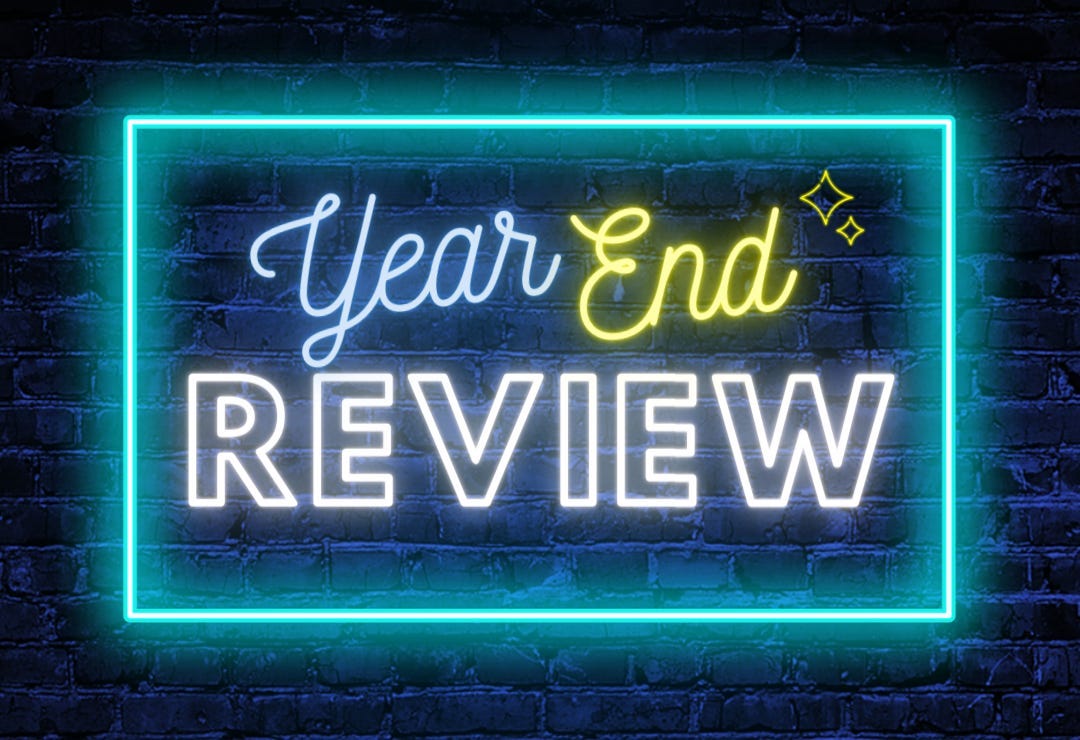
The author reflects on the past year, sharing favorite posts, books, and expressing gratitude for reader engagement while highlighting economic topics discussed in the newsletter.
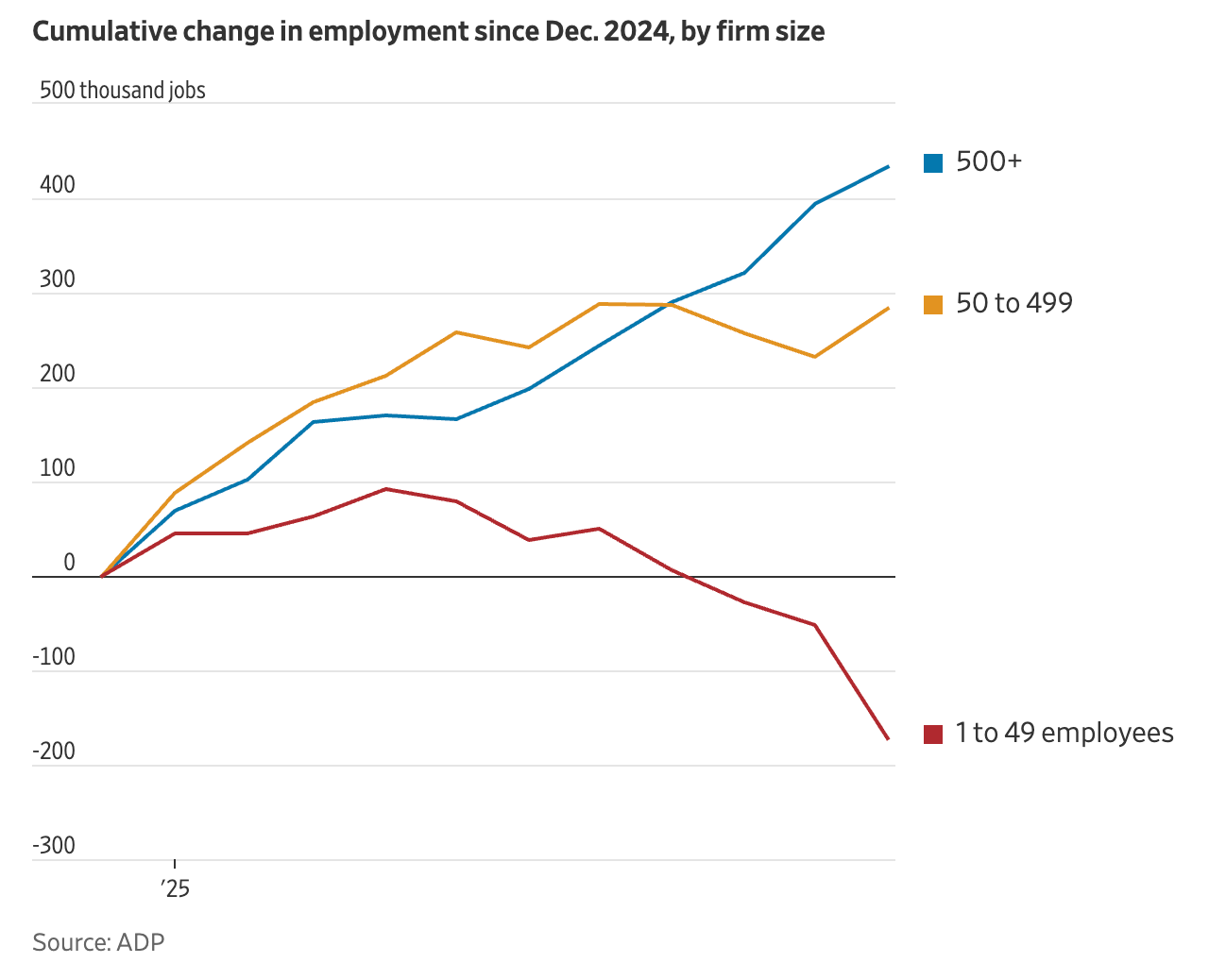
Paul Krugman discusses how the MAGA movement has negatively impacted small business owners, despite their initial support for Trump, due to increased government burdens.

Bill McBride discusses a 2.9% week-over-week decline in active single-family housing inventory and its seasonal trends compared to previous years.
An argument that profits arise from labor producing more than necessary for its support, linking this idea to Marx and Ricardo's theories without delving into ethical implications.
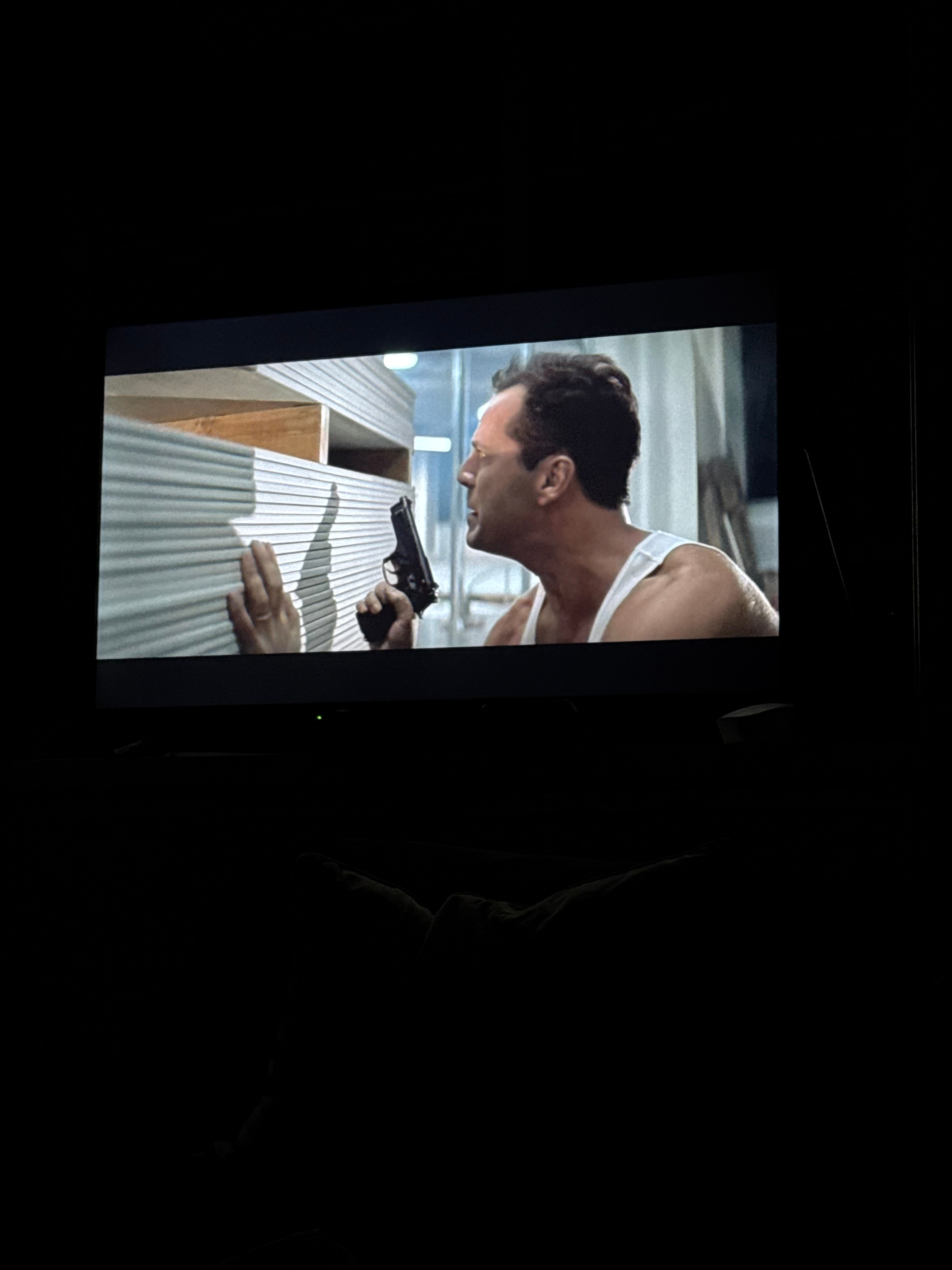
Scott Cunningham shares his experiences returning to Boston, family gifts, gaming, and a discussion about the film "Die Hard" with his family.
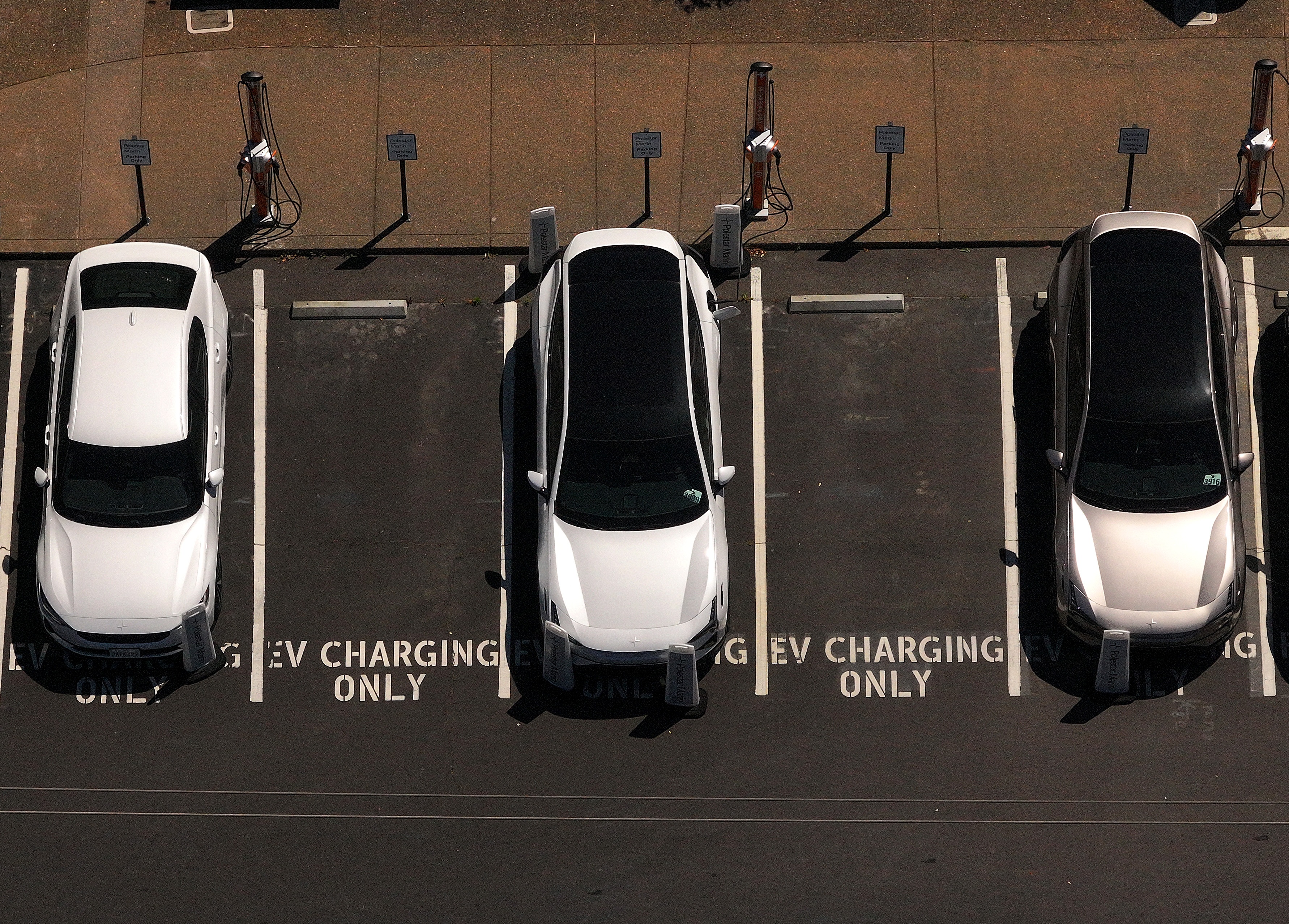
Camila Domonoske discusses the challenges faced by electric vehicles in 2025, including policy reversals and declining sales, despite steady consumer interest.
Menzie Chinn discusses the economic policy divide within the Heritage Foundation, highlighting conflicting views on trade and its implications for the U.S. economy.
Alex Tabarrok discusses the Hainan Free Trade Port's economic policies and incentives aimed at enhancing trade and investment in China.

An argument that China’s persistent trade surplus poses significant global economic challenges, exacerbated by its authoritarian regime and government policies.
Bill McBride analyzes predictions for the Fed Funds rate in December 2026, discussing monetary policy and inflation expectations based on FOMC projections.
The post explores the need for a new aesthetic in the twenty-first century, encouraging artistic innovation and funding for creators who challenge conventional beauty.

John Ruwitch discusses how increased demand for memory chips for AI is likely to raise prices for other electronic devices.

Noah Smith highlights ten positive trends in American society, emphasizing improvements in life expectancy, violence reduction, and responsible technology use amidst political and media dysfunction.
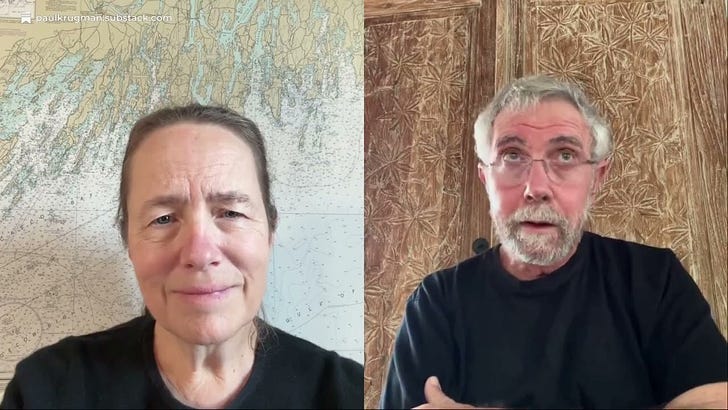
A discussion on the evolution of economic writing in new media, emphasizing the freedom and depth provided by platforms like Substack compared to traditional journalism.